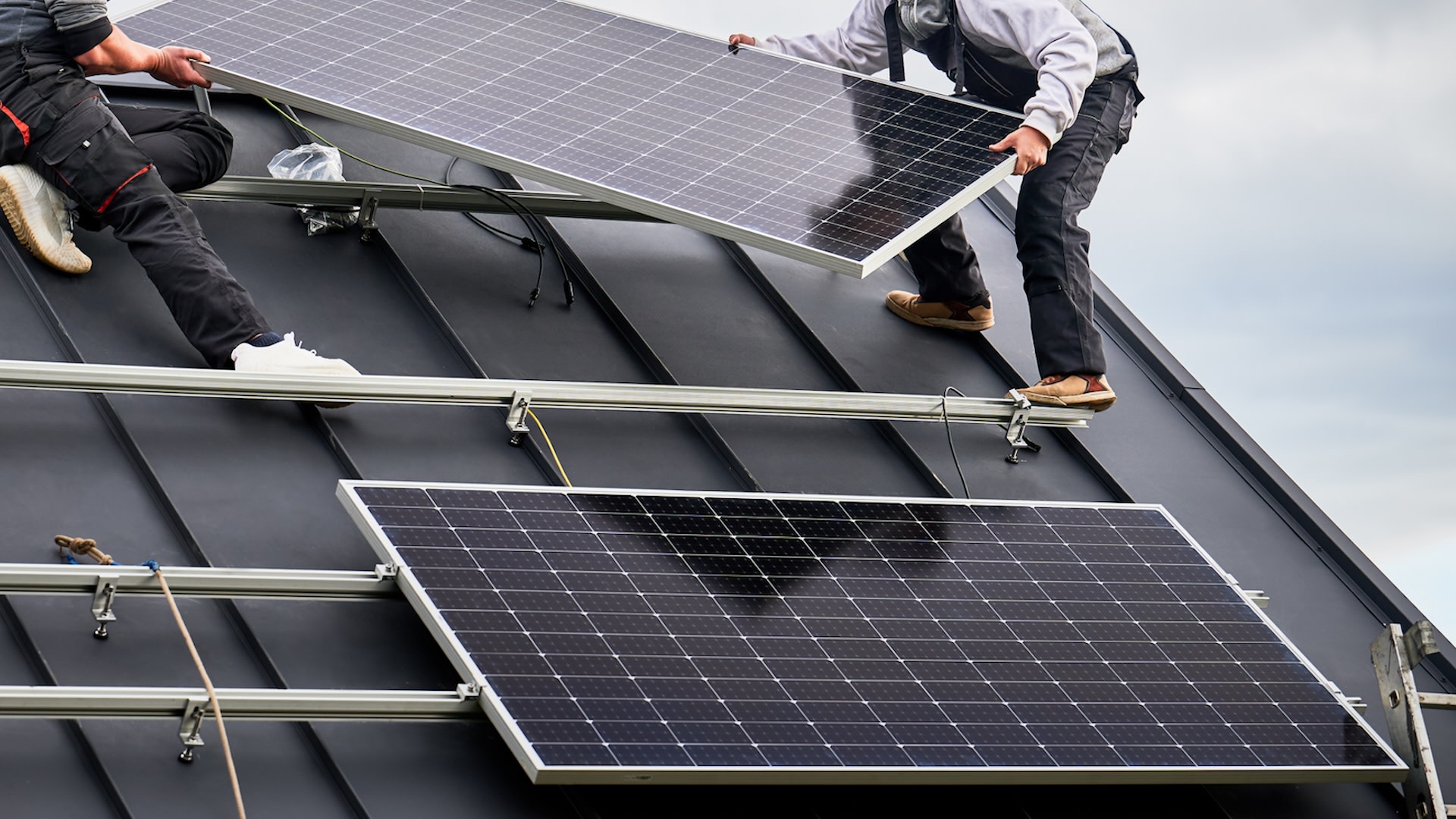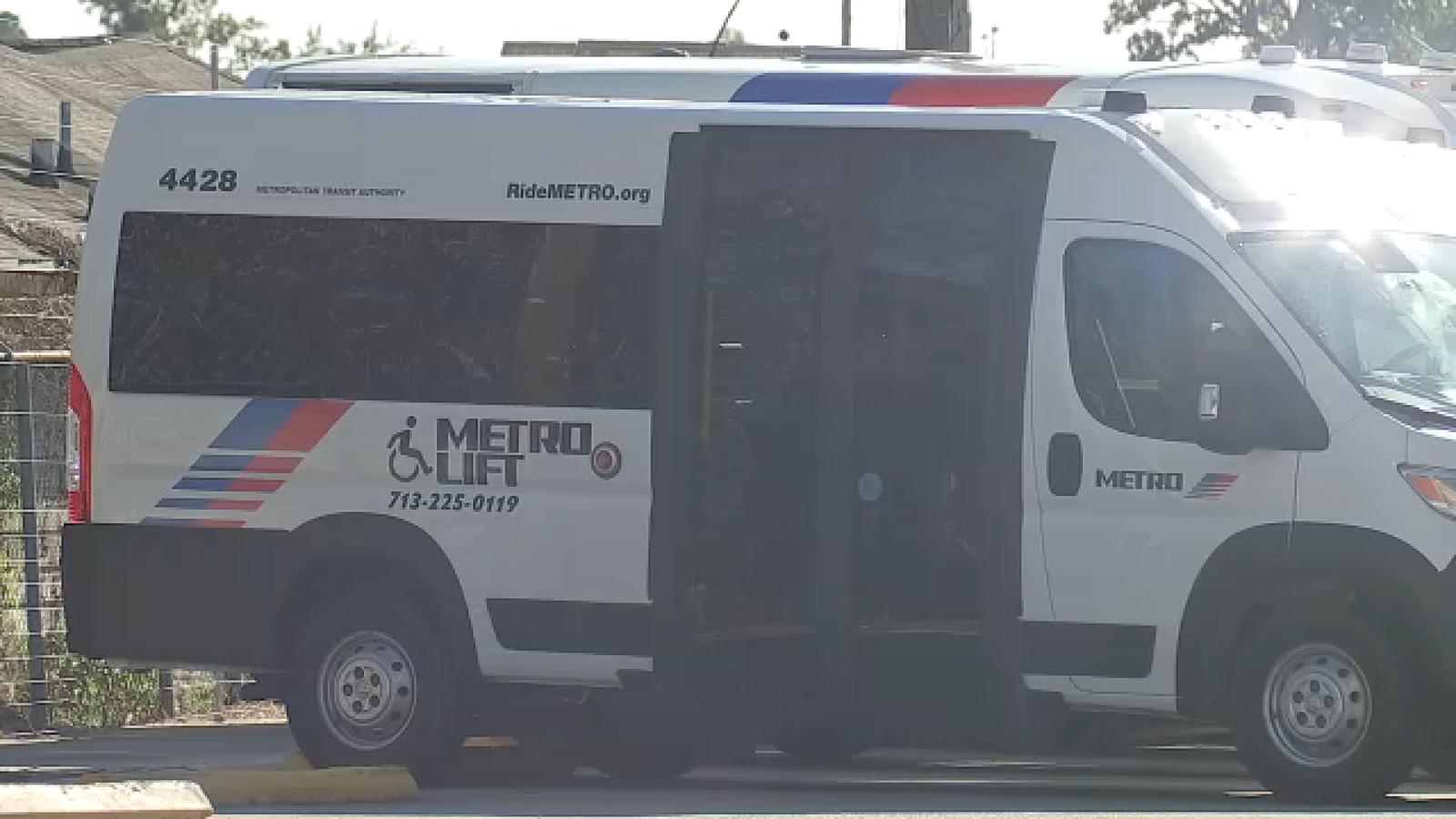
We all know why the phrase "too much of a good thing" exists — for one homeowner, it was never more true than when it came to upgrading their home to solar power.
They took to the subreddit r/solar for advice, asking: "Looking to go solar but want to avoid the scams, what are some good beginner guides for solar?" With a sizeable budget, they wanted to ensure they were making the right choices. Their goal was to go as off-grid as possible, including battery storage and maximizing the number of panels on their roof.
A few commenters recommended using EnergySage, a free tool that provides installation estimates and quote comparisons, saying it helped them get smarter and secure good bids from vetted companies. Another suggestion was to get quotes from local established installers.
For homeowners looking to save money on utility bills, transitioning to solar power is one of the most effective methods. While the initial costs can be substantial, various federal and state tax breaks and rebates can significantly offset these expenses. However, there are concerns that potential changes in legislation could affect these incentives, prompting a sense of urgency to act sooner.
After the initial installation, a typical solar panel system pays for itself within 6-12 years and can increase a home’s value significantly, even if the homeowner moves before fully recouping costs.
For those who rent, community solar programs offer an alternative way to benefit from solar energy without needing to install systems on their property. Learn more about this option with TCD's guide.







Comments
Join Our Community
Sign up to share your thoughts, engage with others, and become part of our growing community.
No comments yet
Be the first to share your thoughts and start the conversation!